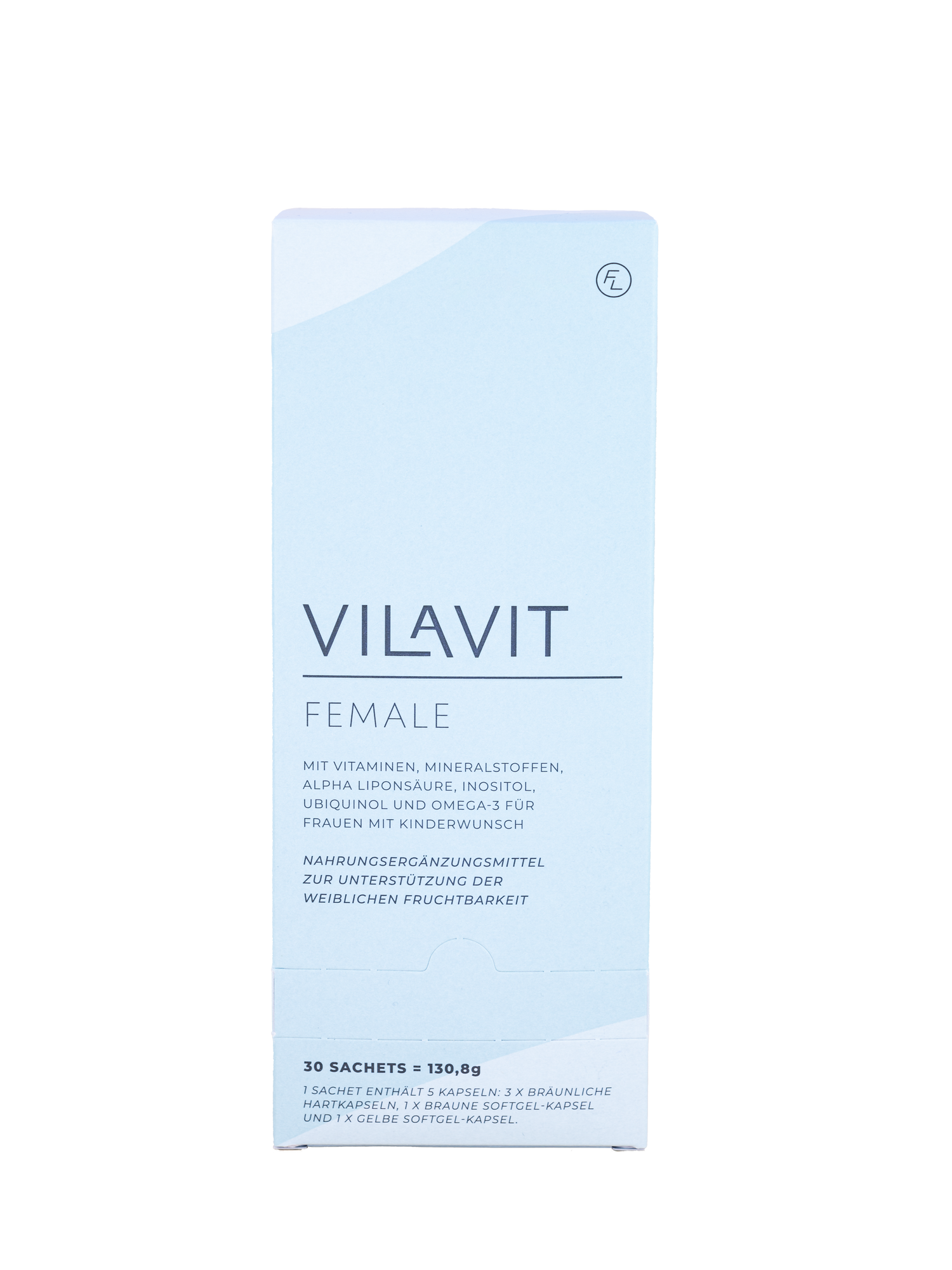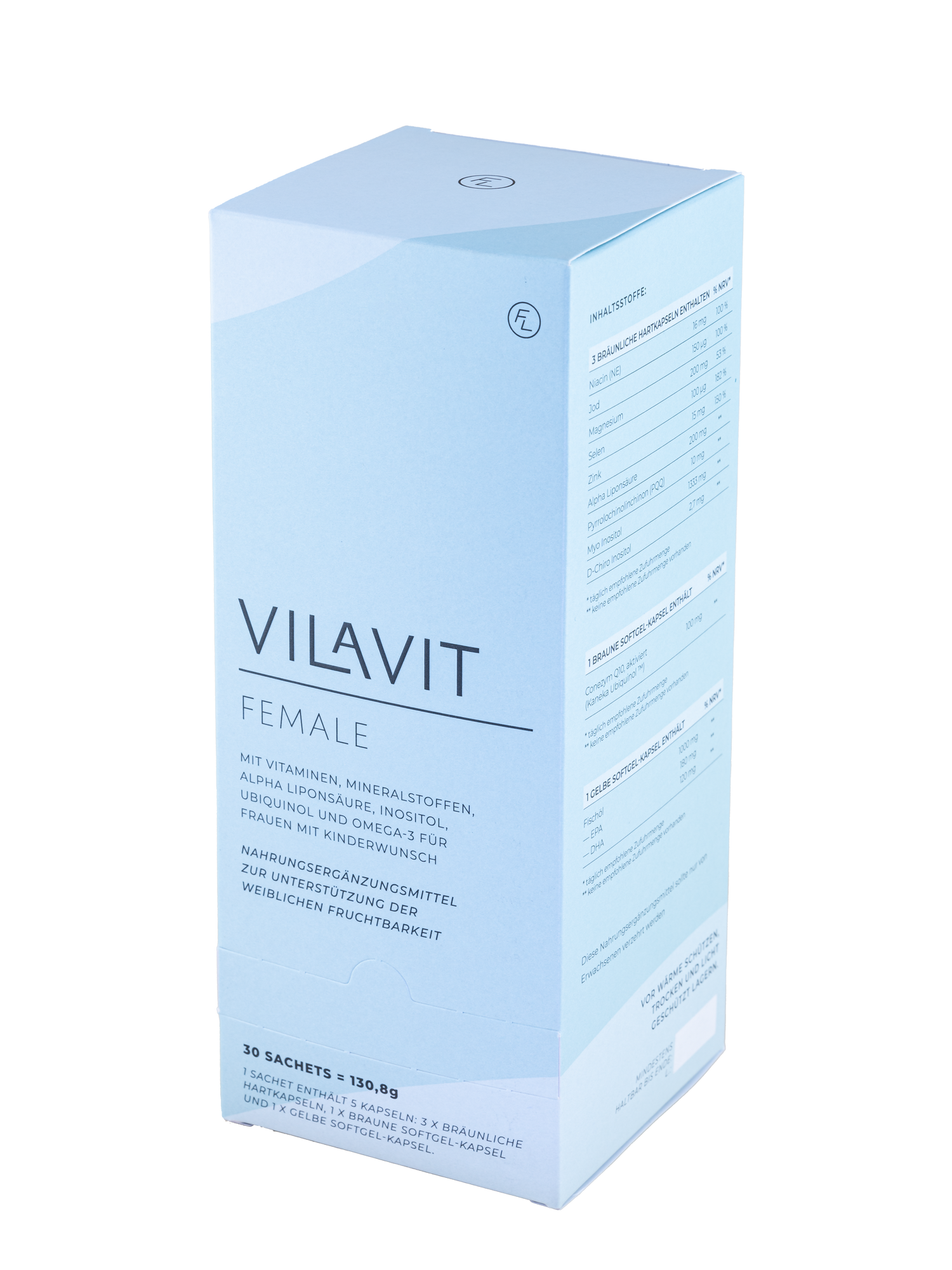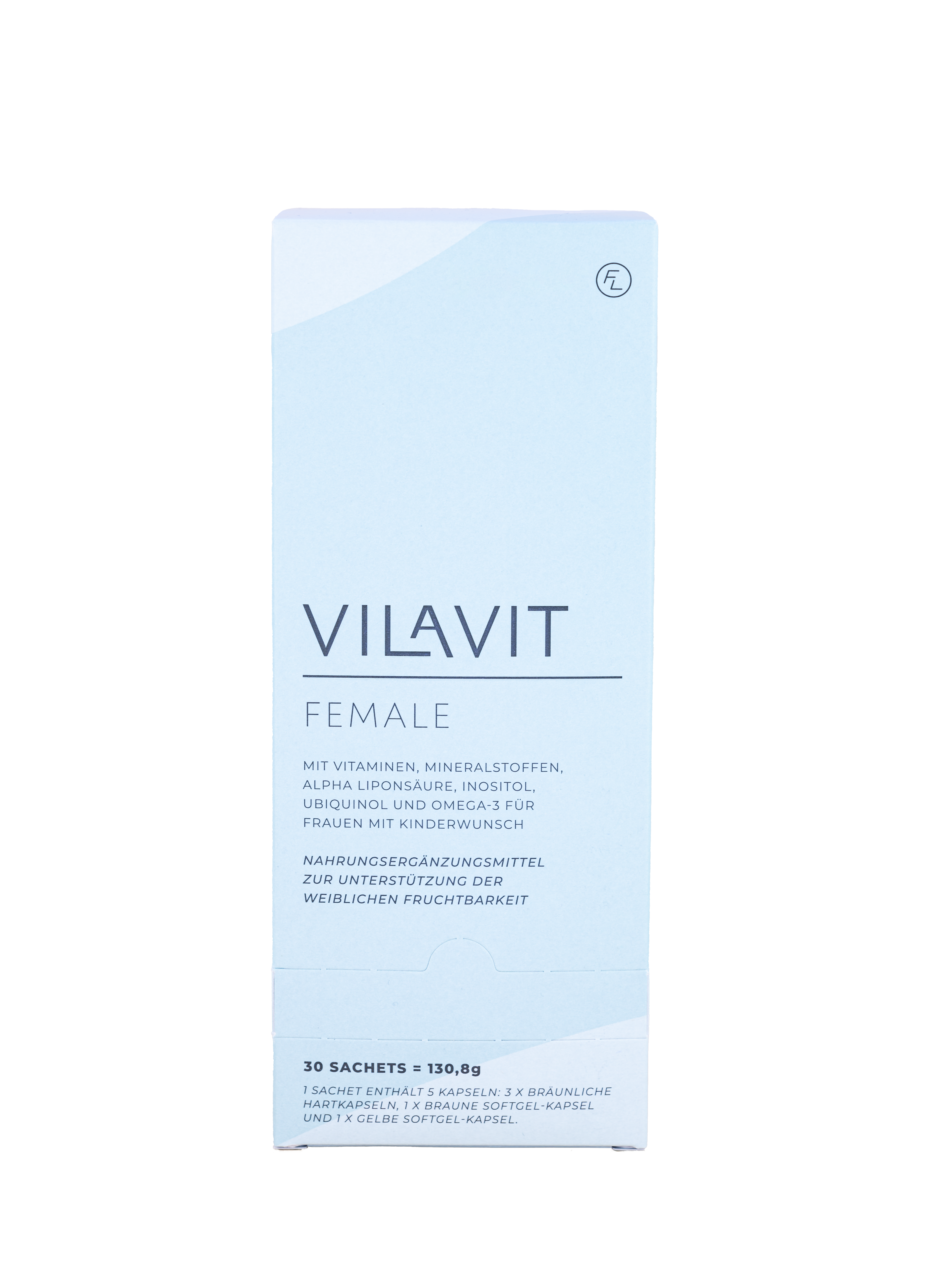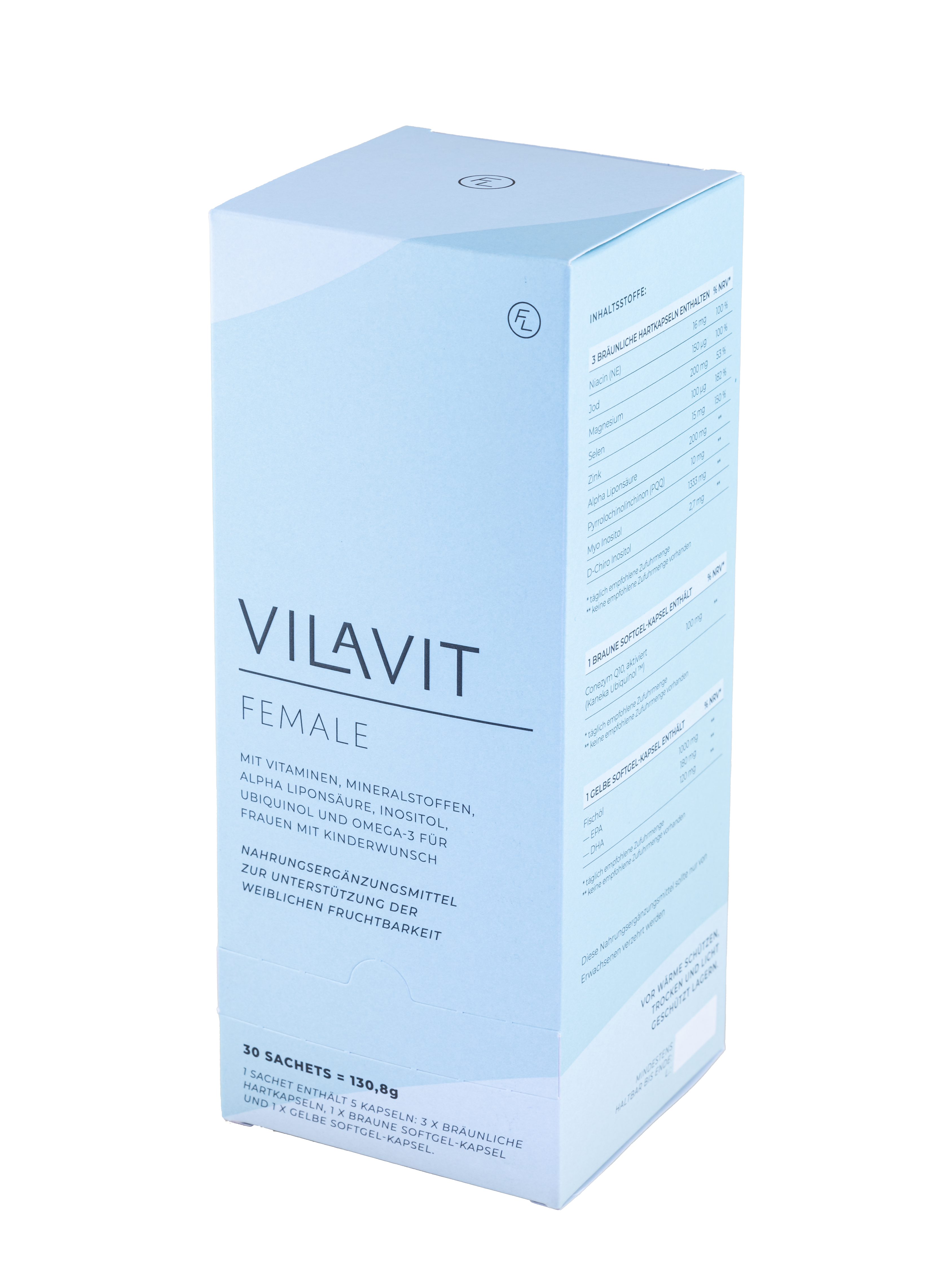Hashimoto’s Effects on Fertility
Hashimoto's Thyroiditis is an autoimmune condition where the body's immune system attacks the thyroid, leading to chronic inflammation and potential hypothyroidism. Women are approximately four times more likely to be affected than men.
Treatment aims to control symptoms and normalize hormone levels through the administration of thyroid hormones. The causes, believed to involve genetic predisposition and immunological triggers, are not fully elucidated. Stress, hormonal changes, and excessive iodine intake may contribute, often co-occurring with Polycystic Ovary Syndrome (PCOS) in women.
Typical symptoms of Hashimoto’s
Typical symtpoms of Hashimoto's with hypothyroidism include
- Fatigue
- weight gain
- constipation
- hair loss
- depressive mood.
Diagnosis is often delayed as individuals attribute symptoms to a stressful lifestyle.
Impact on Fertility
Both hypothyroidism and hyperthyroidism resulting from Hashimoto's can impact fertility, but careful monitoring and thyroid hormone adjustment by a specialist can enhance chances of conception.
Treatment of Hashimoto’s
While Hashimoto's cannot be cured, it can be effectively treated. Patient management usually involves L-Thyroxin (T4), with a combination of T4 and T3 considered if T4 to T3 conversion is impaired. Supplementation with iodine-containing products is generally beneficial for conception and pregnancy, with individual needs discussed with a specialist.
A healthy lifestyle, including a balanced diet, active living, and stress avoidance, can positively impact Hashimoto's.
Fertility Supplements for Hashimoto Patients: With or Without Iodine?
During early pregnancy, the demand for thyroid hormones increases, and iodine is required to produce them. The body's iodine stores should be filled before planned conception. While taking iodine supplements can accelerate the progression of Hashimoto's disease in some patients, the benefits of iodine-containing products for conception and pregnancy outweigh the risks. Only in specific cases (hyperthyroidism or active Graves' disease) should iodine be avoided. However, it is always recommended to consult with your specialist.
In general, a healthy diet, an active lifestyle, and stress avoidance can positively impact the condition.
Hashimoto's During Pregnancy
Thyroid levels are regularly monitored once pregnancy begins. The need for thyroid hormones increases by up to 30% during pregnancy, and patients usually continue to receive L-Thyroxine.
For pregnant women with Hashimoto's, there are varying recommendations regarding iodine intake. Increased iodine intake may worsen the autoimmune reaction, while insufficient iodine can harm the child's development.
Individual iodine status should be discussed with a specialist. In case of uncertainty, experts advise increasing iodine intake. Studies show that iodine deficiency can lead to brain damage in the unborn child.
The increased need for iodine can be met through natural sources such as fish, especially cod, salmon, and seafood.















